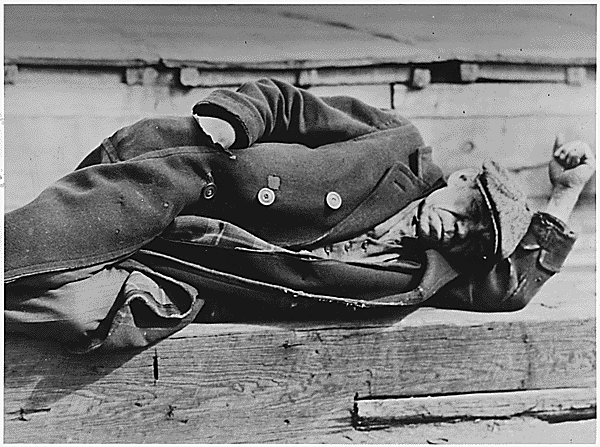When I started working at Food for the Hungry International, nearly 30 years ago, most people in relief and development regarded money as the primary resource for development.
The idea that money solves the problems of the poor comes from an Atheistic-Materialistic worldview that reduces everything in the world to the material level. Humans are animals. The world has too many mouths to feed; we must reduce that number. Countries are poor because they lack natural resources. To solve the problems of poverty, we need to transfer wealth and technology from one group (the wealthy) to another group (the poor). Resources are physical things in the ground.
But as I began to travel, I began to see materially wealthy nations with virtually no resources. Holland and Singapore are examples. And I saw relatively poor nations that had massive natural resources, such as Mexico and the Democratic Republic of the Congo. I saw wealthy nations like Japan with lots of people and no resources, and an impoverished nation like Somalia with few people and no resources. I have watched Haiti receive thousands of organizations, billions of dollars in international aid, and hundreds of thousands of volunteers coming and going over the years. Haiti is still a material wasteland.
 What I saw did not fit my socialist model, i.e. that redistribution of resources leads to social justice. Thus, I began to question my assumptions about the causes of poverty and the solutions to the problem.
What I saw did not fit my socialist model, i.e. that redistribution of resources leads to social justice. Thus, I began to question my assumptions about the causes of poverty and the solutions to the problem.
The first book I picked up was British economist Barbara Ward’s, The Rich Nations and the Poor Nations. I learned that other factors were at work in the wealth and poverty of nations. The second book was Dutch Prime Minister and theologian Abraham Kuyper’s, Stone Lectures. Dr. Kuyper showed me the radical nature of worldview in shaping the material and political culture of nations.
As I continued to read, I turned my reflections into lectures. In the mid 1980’s I was training young men and women to work overseas among the poor through the International Hunger Corps. One day a student said to me, “You must be reading Michael Novak.” I said, “Who is Michael Novak?” He said, “You must have read him, because what you are articulating is the heart of his book The Spirit of Democratic Capitalism.” Having been socialist in my perspective (and practice) of alleviating hunger and poverty, the very word capitalism was a red flag to me. But I set aside my apprehension and bought the book.
Michael Novak is an American Catholic writer, economic philosopher, and theologian. Two sites to provide more background are his own web page and Wikipedia. His book, The Spirit of Democratic Capitalism, published in 1982, became a modern classic for people wanting to understand what makes some nations rich and others poor. He confirmed my reflections about poverty and development. I was on the right track. Usually I can tell a friend the best book I had read in the previous year; Novak’s was the best for the entire decade of the 80’s.
Here is a chapter from The Spirit of Democratic Capitalism. If you take time to read it, you’ll understand why Novak has had such a powerful impact on my life and thinking.
– Darrow Miller






2 Comments
mcmeeshi
January 30, 2012 - 12:54 pmThanks for sharing the book resources. I wonder if you’ve read When Helping Hurts because they describe poverty as more holistic than just material wealth. Like you, I hope some day turn my reflections into lectures or some kind of training, once I grow further in my understanding of the complexity of poverty, service, social justice, etc. My attempts to process the When Helping Hurts book in blog form are here if you have any suggestions, constructive criticism, questions: http://simplyintentional.wordpress.com/category/when-helping-hurts/
disciplenations
January 31, 2012 - 3:11 pmThank you, for your comment. We would agree that both poverty and wealth must be seen in a comprehensive way. We use Luke 2:52 as the pattern to describe this comprehensiveness. You can see how this is developed by going here.